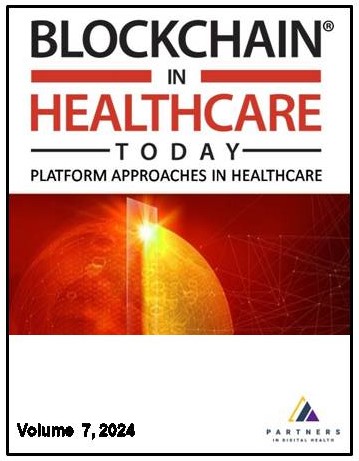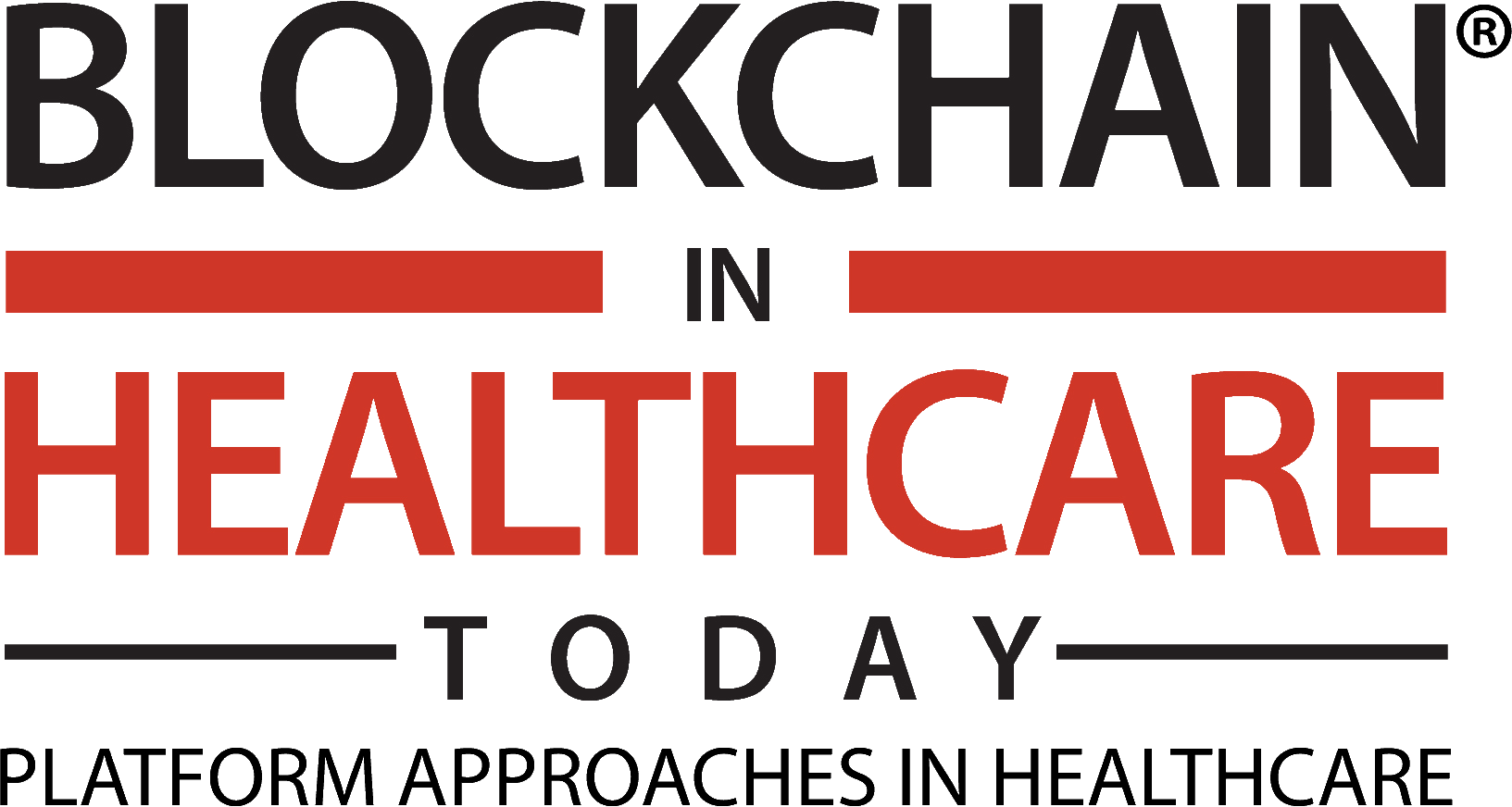
Additional files
More articles from Volume 7, Issue 2, 2024
Soulbound Tokens: Enabler for Privacy-Aware and Decentralized Authentication Mechanism in Medical Data Storage
Creating a Health Data Marketplace for the Digital Health Era
Model Complexity Reduction for ZKML Healthcare Applications: Privacy Protection and Inference Optimization for ZKML Applications—A Reference Implementation With Synthetic ICHOM Dataset
My Holistic Data Share: A WEB3 Data Share Application: Extending Beyond Finance to Privacy-Protected Decentralized Share of Multi-Dimensional Data to Enhance Global Healthcare
Blockchain's Transformative Potential in Healthcare
Article views
Citations

0
Soulbound Tokens: Enabler for Privacy-Aware and Decentralized Authentication Mechanism in Medical Data Storage
 ,
,
 ,
,
Abstract
Context: The digitalization of the healthcare sector faces significant challenges due to the diverse representation of data and their distribution across various hospitals. Moreover, security is a key concern as healthcare-related data are subject to the legal obligations of GDPR and similar data protection legislations. Standardization efforts like HL7 have been implemented to enhance data interoperability. However, authentication still remains a critical issue, even significant challenges. Aim: This research aims to improve and strengthen the authentication process by introducing a novel architecture for decentralized authentication. Additionally, it proposes a new approach to decentralized data management, which is crucial for handling sensitive medical data efficiently. Methodology: The proposed architecture adopts a user-centric approach, utilizing Self-Sovereign Identity (SSI). It introduced a new non-fungible token (NFT) type called Soulbound token (SBT) in the medical context, which will facilitate user authentication across different hospitals, effectively creating a federation of interconnected institutions. Results: The implementation of the proposed architecture demonstrated a significant reduction in authentication time across multiple hospitals. The use of SBT ensured secure and seamless user authentication, enhancing overall system interoperability and data security. The decentralized approach also mitigated the risks associated with centralized authentication servers. Conclusion: The study successfully presents a novel decentralized authentication architecture for the healthcare domain, leveraging SSI and SBTs. This approach not only accelerates the authentication process but also enhances data security and interoperability among hospitals. Future research should explore the scalability of this architecture and its application in other sectors requiring stringent data security measures.
Keywords
References
Citation
Copyright
This is an open access article distributed under the Creative Commons Attribution License which permits unrestricted use, distribution, and reproduction in any medium, provided the original work is properly cited.
Article metrics
The statements, opinions and data contained in the journal are solely those of the individual authors and contributors and not of the publisher and the editor(s). We stay neutral with regard to jurisdictional claims in published maps and institutional affiliations.

